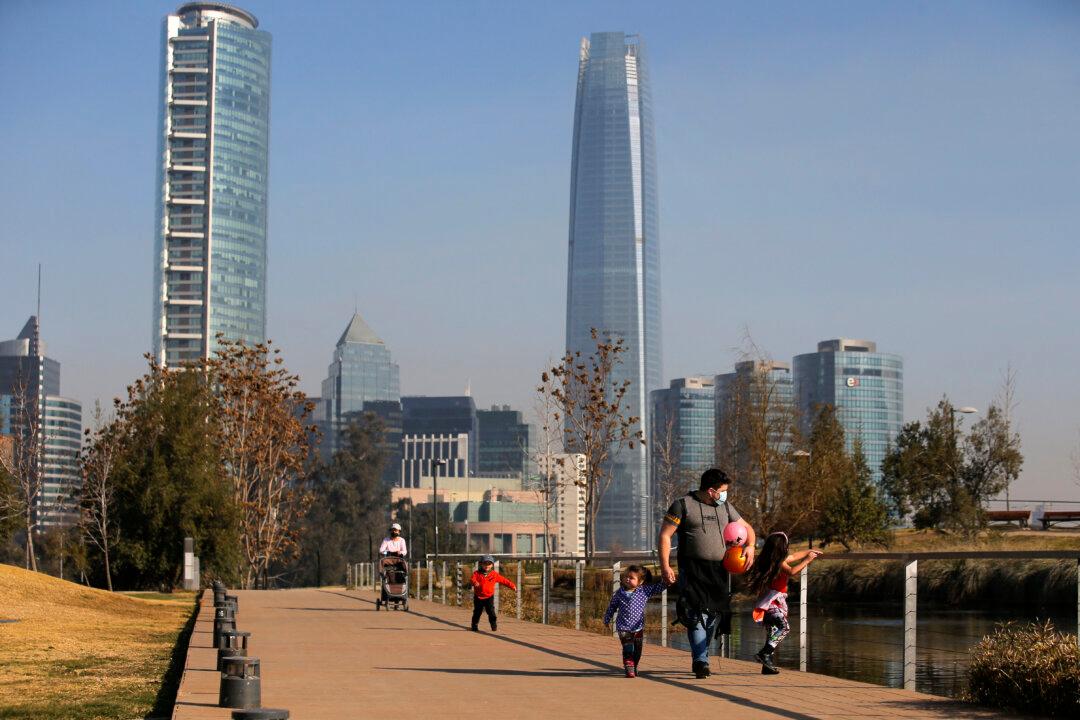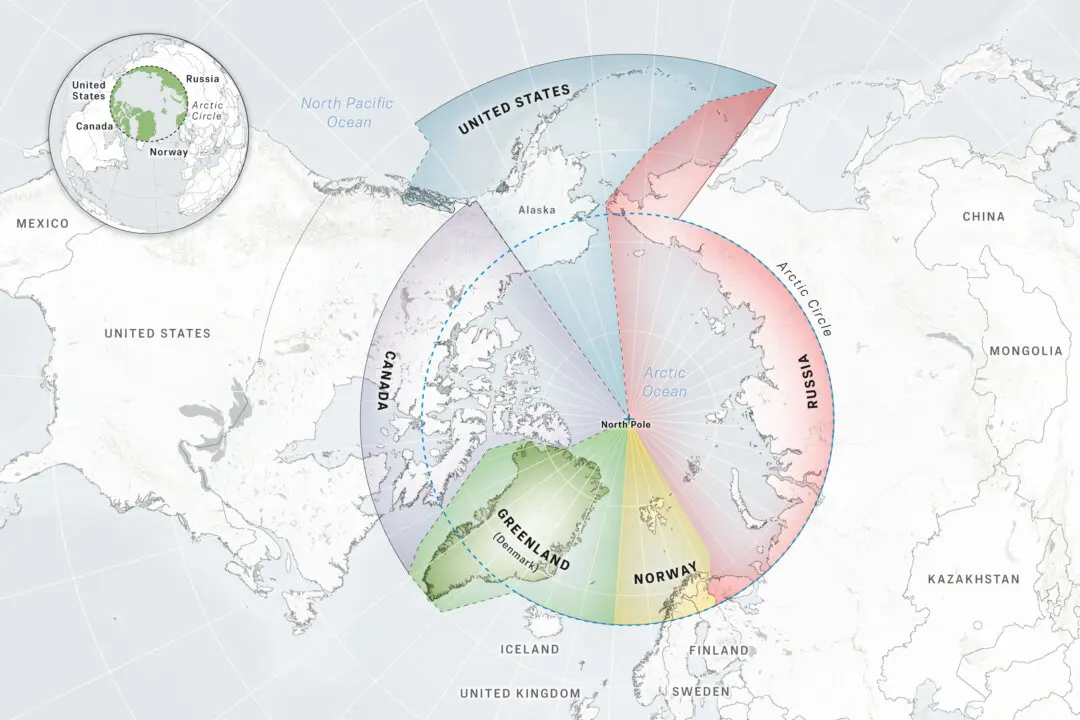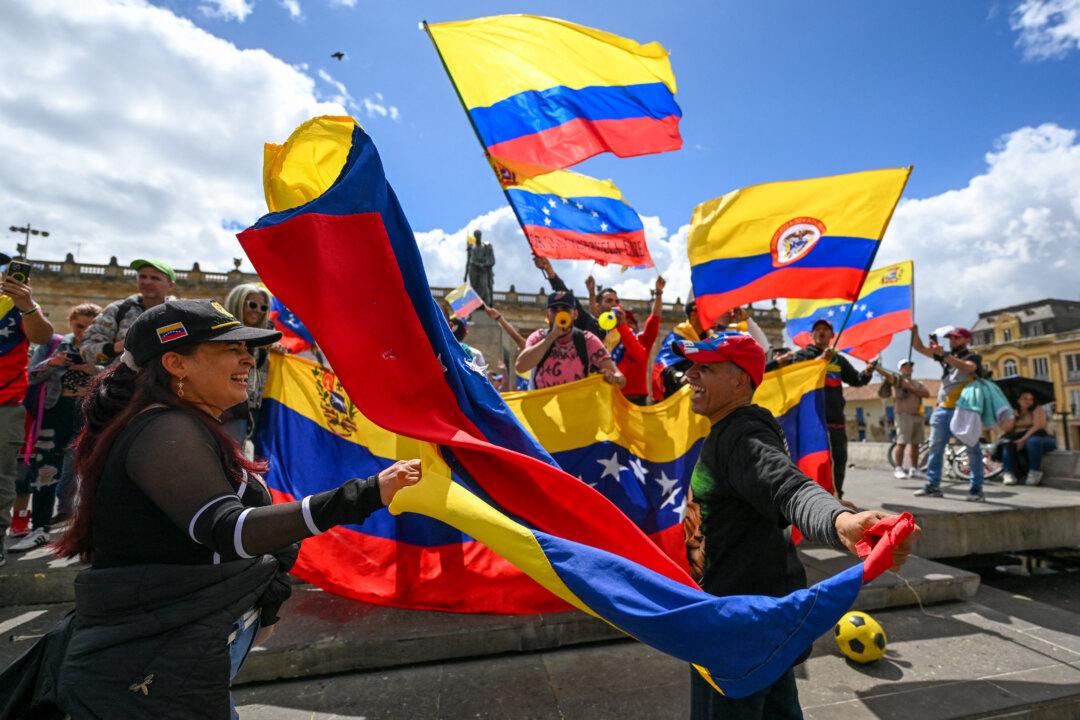Parents in Chile have expressed mixed feelings about inoculating children as young as 6 years old with the Chinese developed Sinovac vaccine, despite assurances of the vaccine’s safety from the nation’s Ministry of Health.
The Chilean Ministry of Health approved the Chinese vaccine for use in children as young as 6 years old on Sept. 13. Though immunization is voluntary, Undersecretary of Public Health Paula Daza claimed, “Vaccination is essential to avoid infections.”





